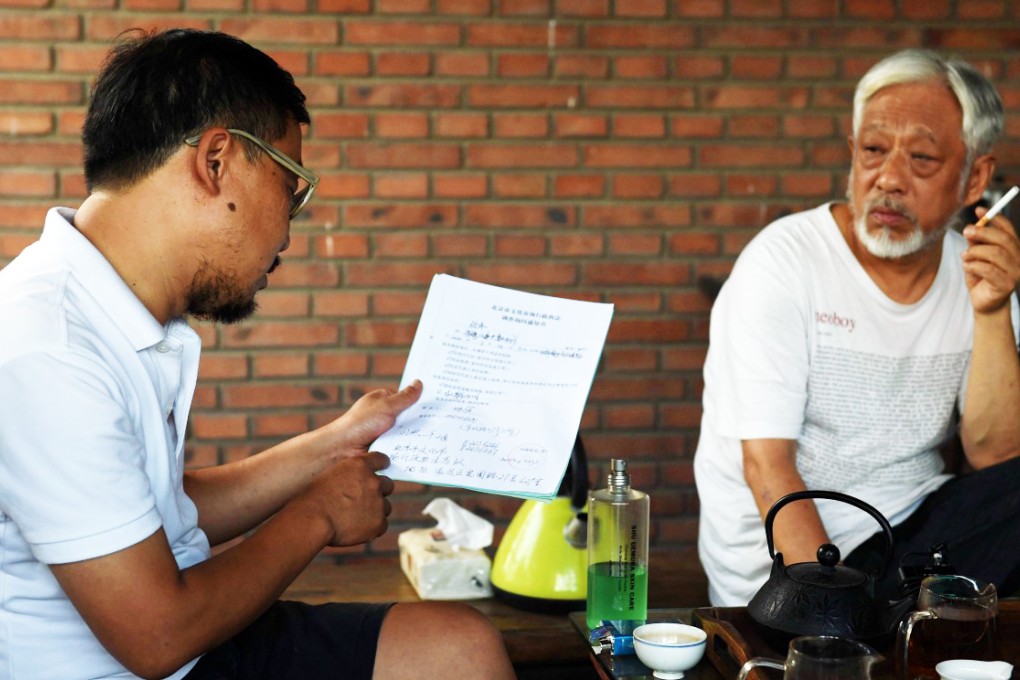‘Will this happen in Hong Kong?’ Inside the shutdown of Beijing’s Independent Film Festival
How the police cracked down on China’s largest independent film festival - and what it could mean for creative industries in Hong Kong.

Wong Fei-pang could have introduced an untold story about Hong Kong urban life to a Beijing audience through his directorial debut last Saturday.
But the police crackdown on China’s largest independent film festival not only ruined the opportunity, it also filled him with fear of what might happen in Hong Kong one day.
“They could shut down the festival, snatch your property and beat you up in broad daylight without explaining anything to you,” the 23-year-old independent director told the South China Morning Post.
“It was suppression of freedom of speech and creative freedom. Will this happen in Hong Kong? It might. It is already on its way.”
Wong was referring to the Beijing Independent Film Festival, which was shut down by Chinese authorities on Saturday, shocking the international film world.